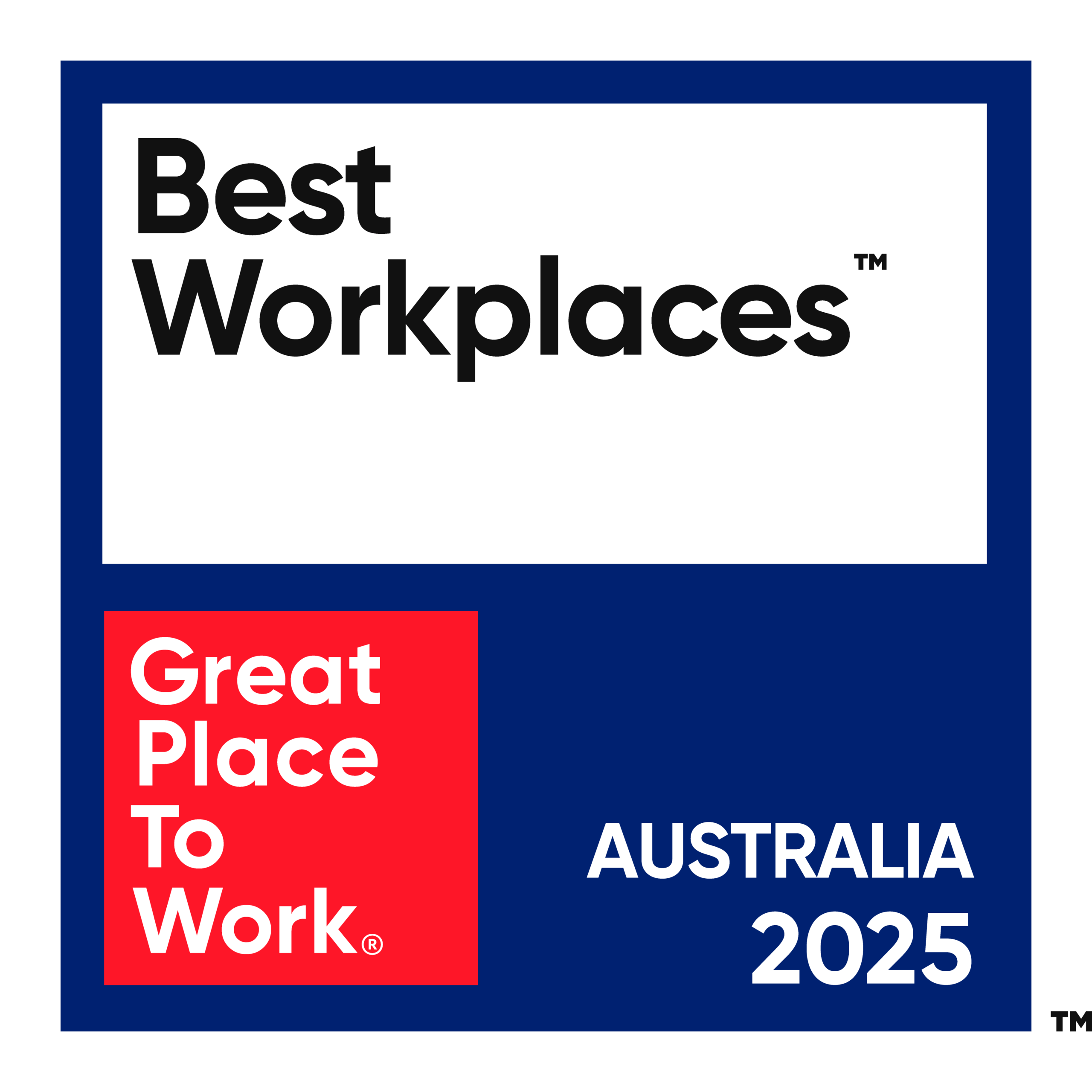Home > How is AI transforming your team culture?
How is AI transforming your team culture?
Some of us resist technology because we believe it stifles creativity and lateral thinking. The limitation of this view is that it assumes people are always effective ‘out-of-the-box’ operators, which is generally not the case.
On the other hand, some of us enthusiastically embrace and adopt new technologies. The limitation of this view is that we can be too focused on the direct application of said technology and not how it interfaces with those around us.
When it comes to technology, our collective attitudes and adoption vary greatly. So, as we start to get a glimpse of a new generation of artificial intelligence, we can be certain that these attitudes will be exacerbated and have an impact on team and business culture.
The impact is already here
In Be Challenged’s world of enhancing organisational culture, we have been exploring how AI is impacting team culture as a technological super trend. In every industry and area of business, people are talking about, experimenting with, or adopting AI. So, the reality is, it’s already having an impact on your team culture.
For some, it’s a positive impact. Decision quality enhanced by AI will inevitably boost morale for those it benefits, especially early adopters that can use it to deliver a competitive advantage. On the other hand, there’s a healthy resistance toward continued AI adoption, with many fearing that before we know it, we’ll be working for the technologies we employ, not the other way around. And, that it will take a conscious intervention to avoid this ‘fate’.
The benefits technologies have brought to the workplace are so varied they are impossible to list. More recently the removal of traditional work borders has further heightened our relationship with technology in the workplace. While these advancements are profound, they do increasingly create ‘digital disconnection’ and AI will almost certainly contribute further to this. To truly reap the benefits of the technologies at our disposal we need to better plan around these interpersonal limitations.
A shifting remit
The smarter and more powerful the tool we employ, the more we become administrators as opposed to executors.
It’s important we identify and manage this change from a people perspective. Historically, it’s similar to the transition a team member might make from a specialist role into a management one. While at face value it seems like a natural evolution, not all people seek or are motivated by managing, many people find balance and thrive in doing.
Similarly, the transition ‘off-the-tools’ naturally requires people to become more strategic. Again, this may require people to develop new skills to be effective in their roles.
A new type of colleague?
As we rapidly advance our use of technology, individuals in organisations will find themselves working increasingly with technology and less with each other. While many have grappled with the impact of working from home, it’s likely isolation will be an increasingly ubiquitous issue, regardless of where we physically work.
Increasingly HR businesses are adopting self-directed tools, however, this is an area where as an industry we should be cautious of further contributing to isolation. Instead, we will need to become much more practical about how human connection intersects with technology.
When you ask a runner why they hit the pavement every morning, for each response that relates to their fitness motivations, you’ll get another about them maintaining mental wellbeing. Thankfully, society is becoming more open and conscious about mental health and using it as an overt objective for rituals in our everyday lives.
The reality is, creating moments of connection for people in business will increasingly become identified as such. Businesses that may monitor productivity will need to ensure there are scheduled connection times, not just traditional break times.
Of course, the benefits extend beyond feeling connected. The bulletproof logic of technology isn’t always conducive to inventive thinking. As Einstein said “We cannot solve a problem by using the same kind of thinking we used when we created them”. We need other people to help us see problems from different perspectives. So, creating forums for us to connect is more critical now than at any other point in the history of business.
Connection planning
Within Be Challenged we have a connection plan. It’s a plan that designs and details all of our collaborative forums, from social through to people and team development. To get a glimpse of how we approach it, you can download our connection plan here.
We work with many of our clients to design, formalise and help administer connection plans tailored to their businesses. Beyond providing your business a framework, we develop and deliver development plans for your teams and act as your team connection personal trainer to ensure connection is an everyday part of your business.
So, as you employ AI to propel your business into the future, make sure human connection is approached with the same vigour. Otherwise, the benefits you seek from technology will never be truly realised.
Thanks for reading.
Oliver Sheer
Managing Director, Be Challenged





